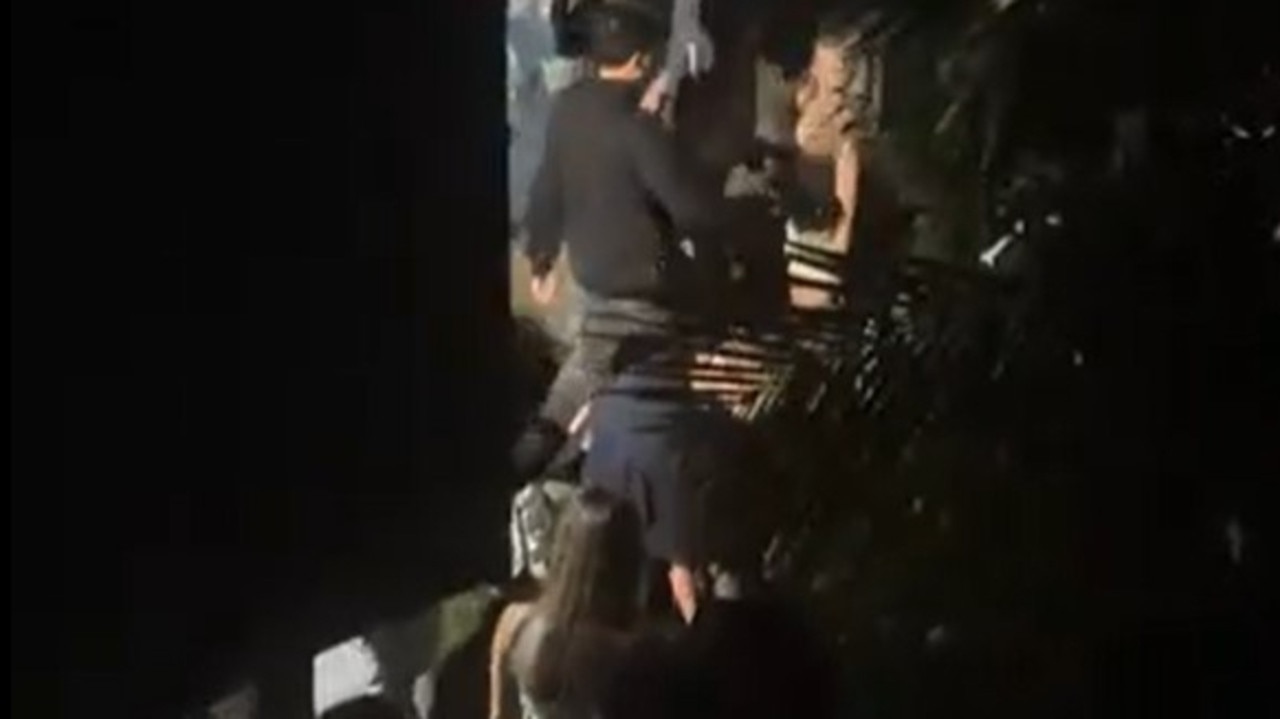Kylie Lang: Netflix series Adolescence paints boys as lost causes
I didn’t break down during the Netflix sensation Adolescence. I became annoyed. It raises some important issues, but our boys are not lost causes unless we give up on them, writes Kylie Lang.
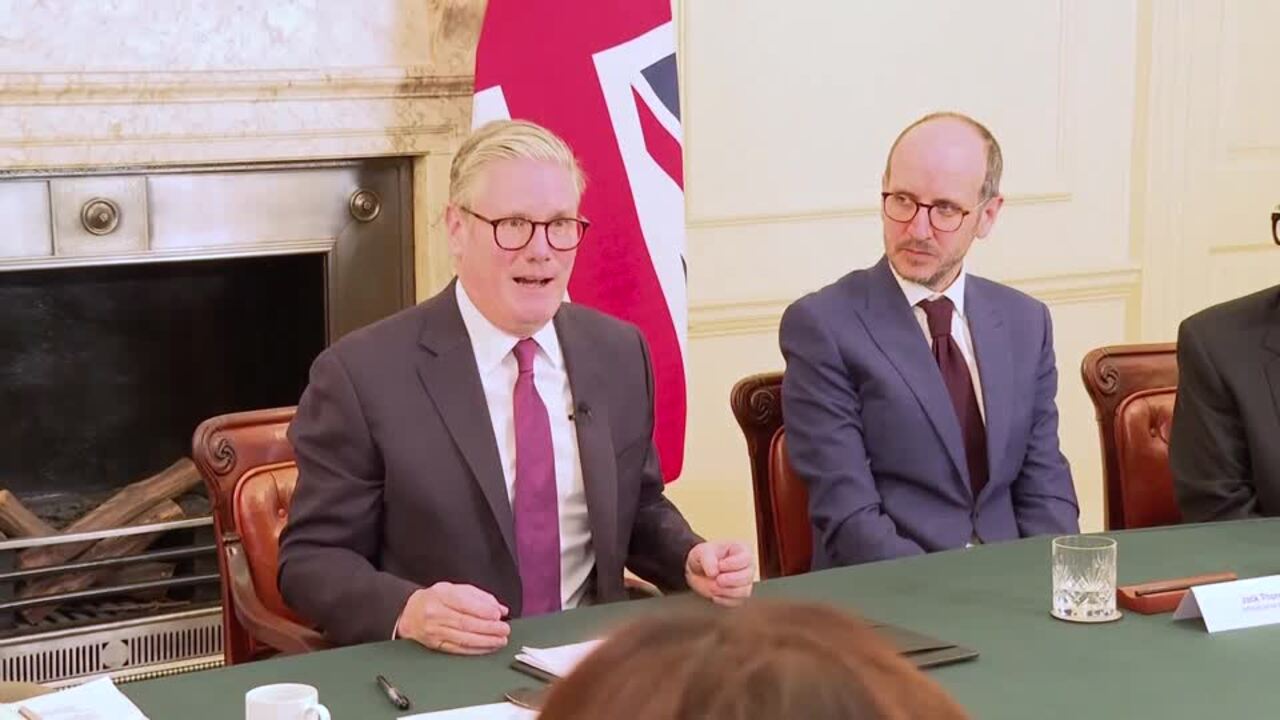
QLD News
Don't miss out on the headlines from QLD News. Followed categories will be added to My News.
Unlike many people, I didn’t become a blubbering mess while watching the Netflix sensation Adolescence. I became annoyed.
Here we go again, demonising boys and painting them as lost causes.
Sure, it was good TV and no one does drama better than the British, but while many viewers have told of dissolving into tears, I was left thinking Adolescence is encouraging a terrible stereotype: our boys cannot be saved.
If you’re late to the party like I am – Adolescence started on March 13 and had more than 66 million views in its first two weeks – it follows a fictional white, working-class family’s journey after 13-year-old Jamie is accused of fatally stabbing Katie, a female classmate.
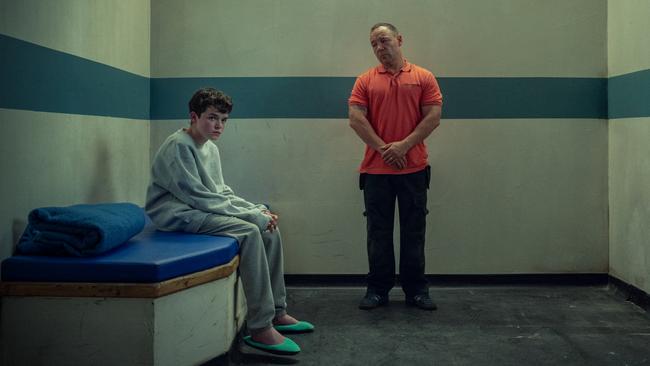
We are led to believe the reasons for this uncharacteristic violence are toxic masculinity, such as that espoused by self-proclaimed misogynist and influencer Andrew Tate, and social media, the trigger for Jamie snapping and grabbing a knife after Katie sends him an emoji he doesn’t like.
Certainly, it doesn’t help that Jamie’s parents let him spend hours on the computer in his bedroom with the door shut.
However, I think it’s a bit of a stretch to posit that a 13 year old who has never shown problem aggression will quickly morph into an enraged killer because of the “manosphere”, a collection of online groups which view women as the enemy.
This is not a boy who has grown up in a home blighted by violence, drug abuse or neglect, a boy without a decent father or positive male role model, a boy from a disenfranchised cultural minority.
These established precursors for potential violence are absent.
Yet we’re to believe that Jamie could be any boy, and every boy.
As the mother of a son, now aged 24, I understand the frustrations of parenting in the digital age.
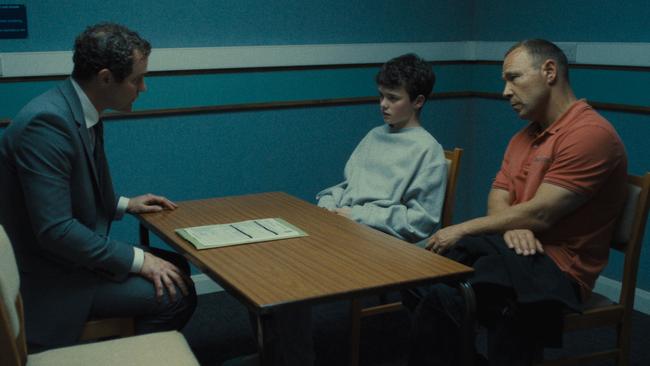
I know the confrontation that can arise from imposing and enforcing screen-time limits, the prevalence of damaging content (including when kids don’t go looking for it), and the challenges of keeping lines of communication open with a generation that communicates very differently.
I wish social media had never been invented but am grateful my son got through the first half of his teenage years without much interest in it.
Raising the age limit a child can access social media from 13 to 16 is a move I support, and not simply because of this newspaper’s Let Them Be Kids campaign but because it is responsible and a no-brainer.
But I don’t accept that young males are failures waiting to happen.
That a click of a button, an unwanted emoji, or an involvement in a chat group can turn well-balanced kids into killers.
There has to be more to it than this.
Children thrive in loving and respectful environments and Jamie had that at home with his family.
He didn’t have it at school – a textbook abomination of anti-social behaviour, from unchecked bullying of peers to abuse of teachers by students.
Yet Adolescence doesn’t attribute any of Jamie’s downfall to the type of violence he witnessed five days a week within the school gates. It should.
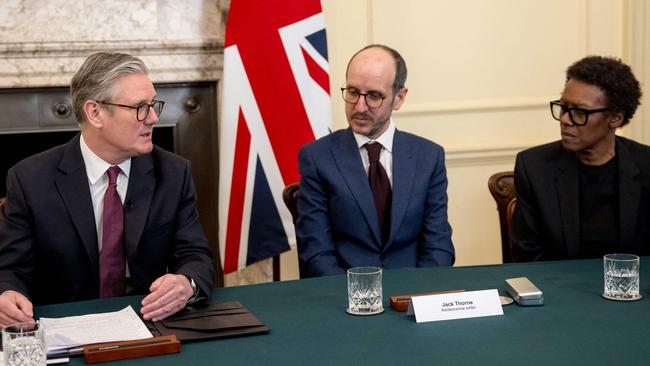
This week the British Government welcomed an initiative by Netflix to stream Adolescence free into secondary schools in the UK.
Prime Minister Keir Starmer’s office said it would help students “better understand the impact of misogyny and dangers of online radicalisation”.
I don’t disagree. I deplore men like Andrew Tate and his brother Tristan, whose credits include charges of human trafficking and forming an organised criminal group to sexually exploit women.
But I believe it is too simplistic to claim the internet and the Tates of this world are fully responsible for the demise of boys.
There are many fine men, including young ones, who demonstrate healthy masculinity and don’t resort to violence, intimidation or threats to navigate their relationships or find their place in the world.
While Adolescence raises some important issues facing children today, it should be viewed through a broader lens.
Adults – be they parents, grandparents, teachers or sporting coaches – have a vital role to play in raising gentle men and must step up to the plate.
Our boys are not lost causes unless we give up on them.
LOVE: News that Tesla and SpaceX CEO Elon Musk – the US Department of Government Efficiency’s lodestar and Trump’s right-hand man – will return to civilian life (such that it is for a billionaire) at the end of May. No more weird salutes but expect him to still be influential.
LOATHE: Trump’s shameless tariff on America’s longstanding “ally” Australia, which imports way more from the US than it exports. Trump calls it “tough love”. I call it a disgrace and an unfair blow to our farmers and producers. It should never have been allowed to come to this.
Kylie Lang is Associate Editor of The Courier-Mail
kylie.lang@news.com.au
Originally published as Kylie Lang: Netflix series Adolescence paints boys as lost causes



